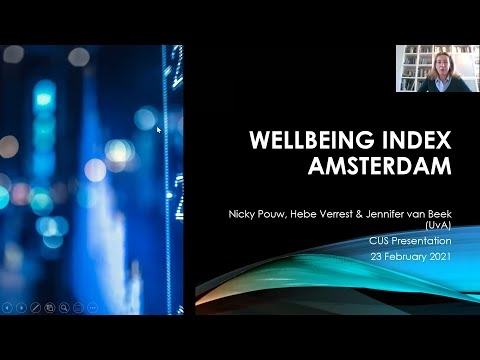Currently, the growth of the Gross Domestic Product (GDP) is the most important indicator of the performance of the economy and employment. However, this indicator says little about what economic growth or decline means for our society. Moreover, it stimulates an urban economy in which more growth instead of human wellbeing is central. Even in periods of growth (as well as in decline), inequality has been increasing for decades.
The assumption that economic growth automatically has positive consequences for all kinds of groups in society has not proven true for years. To pursue an economy in which the wellbeing of everyone is the goal, we need to rethink our economy, governing frameworks and other measuring ‘tools’ that monitor the development of a wider range of indicators. These indicators need to be integrally connected to the municipal budgets and instruments. If not, alternative indicators will not be used in the daily practice of urban policy and planning. To that end, this projects aims to develop a wellbeing index – and an accompanying “dashboard” that can be used to guide and monitor policy. It is embedded in an integrated trade-off framework and new vision of the economy. More specifically, it aims to develop indicators (at the level of households, individuals, neighbourhoods and the city) that are in line with daily practice and urban policy, audit institutions and citizen perceptions, and; provides a broader set of indicators for government, businesses and civil society to look ahead and back.

